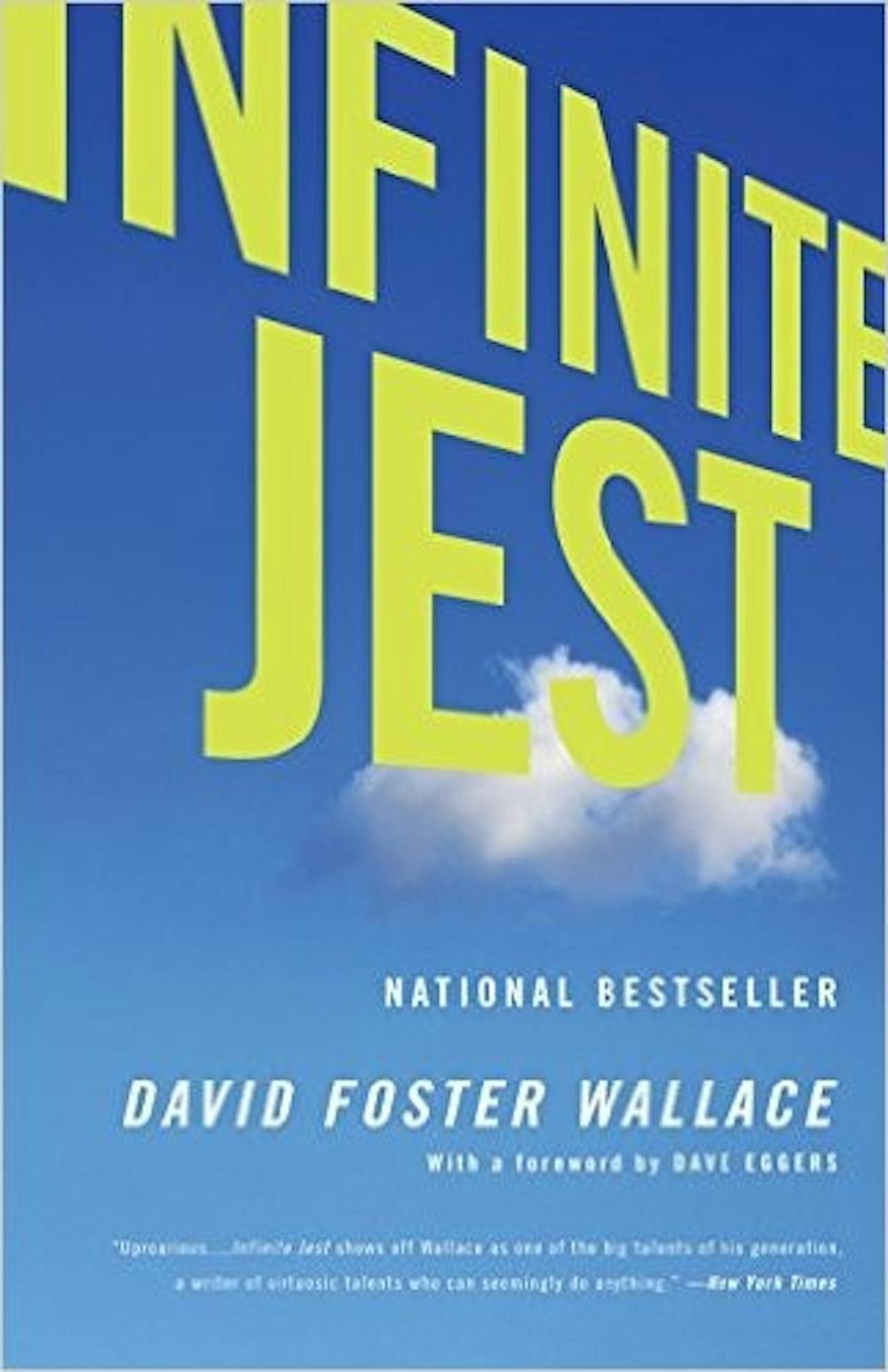Ever since his death on Sept. 12, 2008, author David Foster Wallace has received posthumous acclaim that greatly exceeds the notoriety he was afforded during his life. His last effort, a muddled and unfinished work compiled tidily before his death, was published and distributed in 2011. Called “The Pale King,” it marked the very last writing the world would ever read of the late great.
“The Pale King” would sell well after its release and would even be nominated for a Pulitzer Prize. A reception of its magnitude could only be garnered by a kind of cult following, or earnest readers so tied to their respective content creators that they immediately procure their latest works. And it became evident that a lot of this following took place in and had a presence on college campuses. But was this prevalence intentional – that is to say, manufactured by professors at the college – or was it all happenstance? Do his themes just resonate well with students of college age?
The answer, to no one’s dismay, is both. There was no denying his competency in the craft, but his eloquent prose was matched only by the conceptualism it described.
A professor himself, Wallace struggled with many of the same philosophical questions as his pupils, just on a different level. His first novel, “The Broom of the System,” follows the life of a college student and her sister as they try to find their senile grandmother, who’s escaped from her nursing home. His second novel and the one widely considered as his magnum opus, “Infinite Jest,” describes the lives of teenage tennis players trying to place themselves — both athletically and psychologically — on a professional, adult level. “The Pale King” was the sequel to “Infinite Jest” and therefore follows the same themes of the first story as its characters age.
The themes of the novels themselves, like the difficulty of making the transition into adulthood and the struggle to ditch adolescent solipsism, are bound to appeal to an audience who is experiencing these conflicts itself. This is why college students lend themselves so freely to Wallace’s advice.
Wallace even gave explicit advice to the Kenyon College graduating class of 2005 in his renowned commencement speech “This is Water,” which detailed his idea of their next steps as a group entering the adult world. The speech would be later published in book form in 2009.
David Lipsky, author and then-editor for Rolling Stone, described the man as someone not only to be heralded by college students, but by everyone. Lipsky said that Wallace “was the one voice I absolutely trusted to make sense of the outside world for me."
"Anyone that picks up his work for the next 50 years will have their antenna polished and sharpened, and they'll be receiving many more channels than they were aware of,” he said.
But the 50-year mark might be a woeful understatement. His work’s relevance has grown almost in spite of his death, his own mortality. Should cultural opinions of his writing continue the respectful upwards trend that has been seen around campuses and the world alike, Wallace could be entering the literary canon — a place that knows no such thing as mortality.

